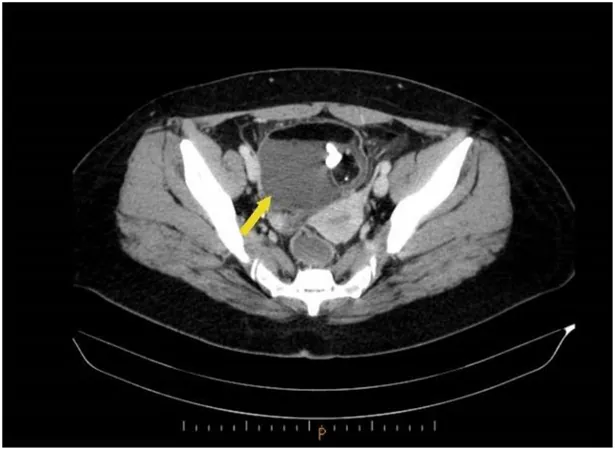
Biochar: The Game-Changer in Climate Mitigation That Everyone is Ignoring!
2025-01-22
Author: Mei
Introduction
A groundbreaking study has recently revealed that biochar, a carbon-rich substance derived from pyrolyzing biomass, is significantly more effective for long-term carbon storage than previously acknowledged. This revelation points to critical flaws in the carbon modeling framework employed by the Intergovernmental Panel on Climate Change (IPCC) and European climate policymakers, raising alarms about the missed potential of biochar in global climate strategies.
The Dual Benefits of Biochar
Biochar has long been touted for its dual benefits: improving soil health and sequestering carbon. However, its capacity as a long-term solution for carbon dioxide removal (CDR) has often been dismissed in favor of other technologies. The new study spearheaded by Professor Hamed Sanei from Aarhus University, and recently published in the journal Biochar, challenges the traditional views of biochar and positions it as a viable, ready-to-implement carbon capture solution.
Research Findings
"Our research definitively shows that biochar is not a mere supplementary technology; it’s an essential tool in combating climate change," asserted Professor Sanei, who oversees the Lithospheric Organic Carbon Lab at Aarhus University. The study critiques the outdated models that undervalue the stability of carbon held within biochar, solidifying its status as a formidable carbon storage option.
Long-Term Carbon Storage Potential
According to previous research by Sanei and his team, biochar has the capability to securely store carbon for millions of years. The new findings illuminate how the carbon accounting frameworks used by global climate entities fail to accurately reflect this long-term potential, thereby sidelining biochar in climate discussions.
A Paradigm Shift in Environmental Policies
The study underscores a paradigm shift in how biochar should be perceived within environmental policies. "Biochar has been a significantly overlooked asset in the relentless battle against climate change," commented Professor Henrik Ingermann Petersen from the Geological Survey of Denmark and Greenland (GEUS), a co-author of the study. “This work corrects the narrative, emphasizing biochar’s remarkable capacity to serve as a long-term carbon storage solution that's ready for immediate deployment."
Denmark's Leadership in Biochar Technology
Denmark emerges as a notable frontrunner in adopting biochar technology, having already recognized its importance in reaching carbon neutrality by 2050. As a pioneer in climate innovations, the Danish government is poised to integrate biochar into its environmental strategies, positioning the nation as a leader in combating climate change.
Implications for Policymakers
"Policymakers now have the essential evidence to incorporate biochar confidently into carbon trading platforms," asserted Professor Ondrej Masek from the University of Edinburgh, another co-author.
Call to Action
The urgency of the authors’ findings is a call to action for policymakers, industry leaders, and researchers alike. With improved accuracy in carbon modeling and supportive experimental data, biochar can take center stage as a scientifically validated solution for carbon dioxide removal.
Conclusion
"This isn’t just about biochar; it’s a crucial narrative for the future of carbon removal technologies," emphasized Professor David Chiaramonti from Politecnico di Torino. “By refining our models, we unlock the immense potential of scalable solutions like biochar that can be implemented right now, making a decisive impact on our planet's future.” As the climate crisis intensifies, the time to act is now. Could biochar be the key to reversing our environmental fate? The potential here is too significant to ignore!


 Brasil (PT)
Brasil (PT)
 Canada (EN)
Canada (EN)
 Chile (ES)
Chile (ES)
 Česko (CS)
Česko (CS)
 대한민국 (KO)
대한민국 (KO)
 España (ES)
España (ES)
 France (FR)
France (FR)
 Hong Kong (EN)
Hong Kong (EN)
 Italia (IT)
Italia (IT)
 日本 (JA)
日本 (JA)
 Magyarország (HU)
Magyarország (HU)
 Norge (NO)
Norge (NO)
 Polska (PL)
Polska (PL)
 Schweiz (DE)
Schweiz (DE)
 Singapore (EN)
Singapore (EN)
 Sverige (SV)
Sverige (SV)
 Suomi (FI)
Suomi (FI)
 Türkiye (TR)
Türkiye (TR)
 الإمارات العربية المتحدة (AR)
الإمارات العربية المتحدة (AR)